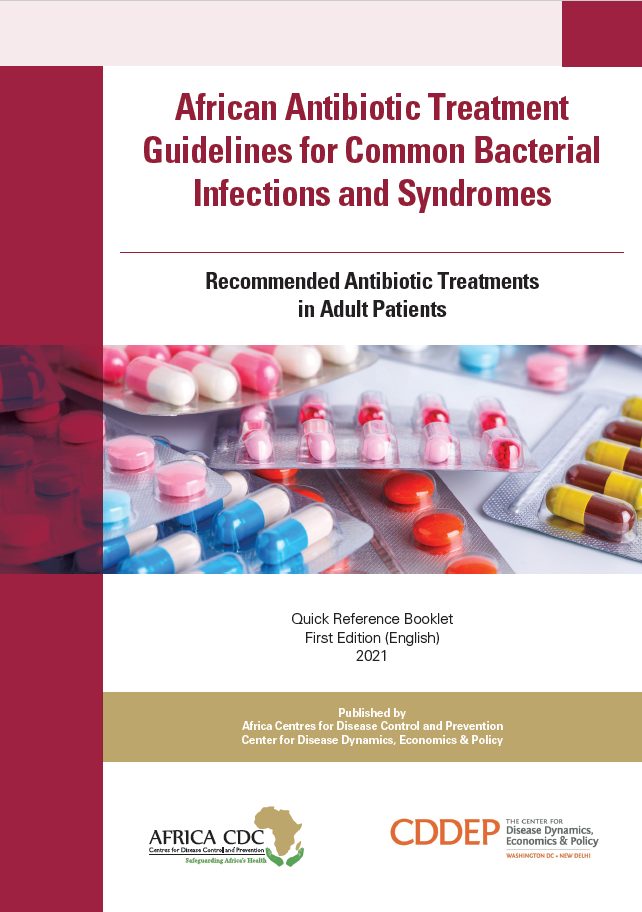Principles of Stewardship
Important considerations for the use of antibiotics include drug selection considering antibiotic spectrum of activity, adverse effect profile and availability of specific formulations (including those applicable to young children), likelihood of antibiotic resistance, route of administration, dosage, and duration of therapy. The decision to start and continue antibiotic therapy must be based on clear indications including laboratory and clinical diagnostic and monitoring results.
Overall, prescribers should first consider treatment with clinically appropriate antibiotics on the WHO’s Access list and resort to treatment with Watch and Reserve antibiotics only in cases with
documented resistance or drug unavailability1. The use of fixed-dose combination therapies should only be used when they are clinically appropriate and necessary. Re-evaluation of therapy is essential once available laboratory results are obtained, and options for de-escalation from broad-spectrum to narrower spectrum antibiotics must be considered if microbiological culture and antibiotic susceptibility testing results allow. Antibiotic therapies should be used alongside other appropriate interventions such as early and effective source control.
Relevant disease- or infection-specific stewardship principles are described throughout the treatment recommendations. Whenever possible, clinicians should seek to obtain relevant patient specimen cultures before treatment commencement and conduct microbiological diagnosis, pathogen identification, and antibiotic susceptibility testing (AST). However, in situations where a patient presents with a clinically diagnosed serious infection, treatment should not be delayed until those results become available.
If laboratory testing services are not available and clinical presentation indicates a viral etiology, clinicians may consider practicing watchful waiting and delay starting treatment with antibiotics.
However, the guidelines do not intend to overrule clinical judgment and prompt treatment must be initiated in severe infections or suspected sepsis. Finally, clinicians should consider a clinical
diagnosis of other infections (e.g. TB, HIV, malaria etc.) in endemic or high-burden areas.
